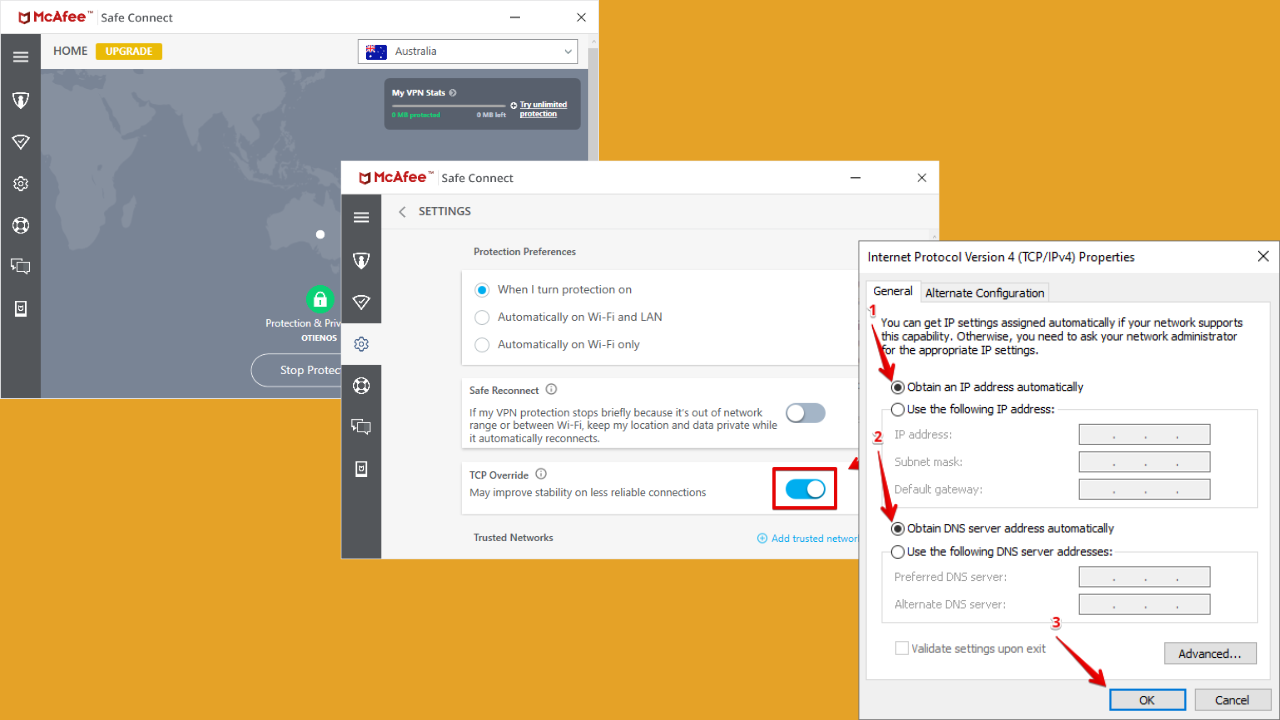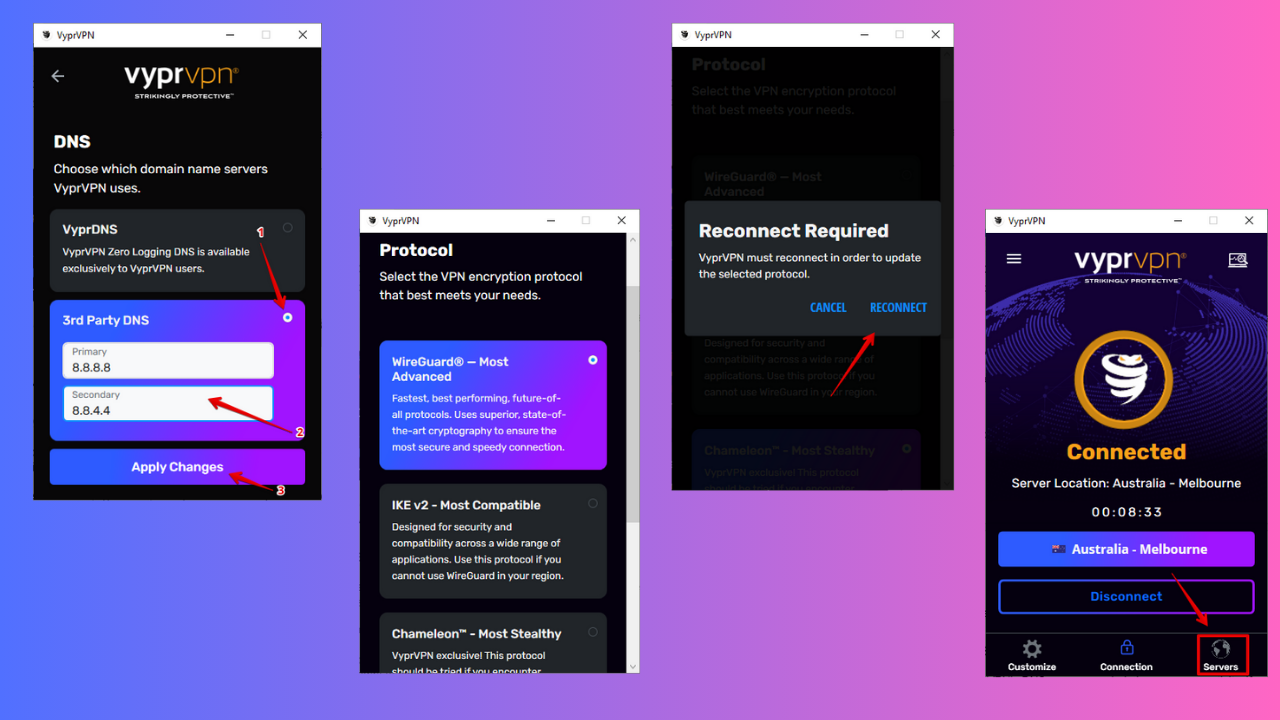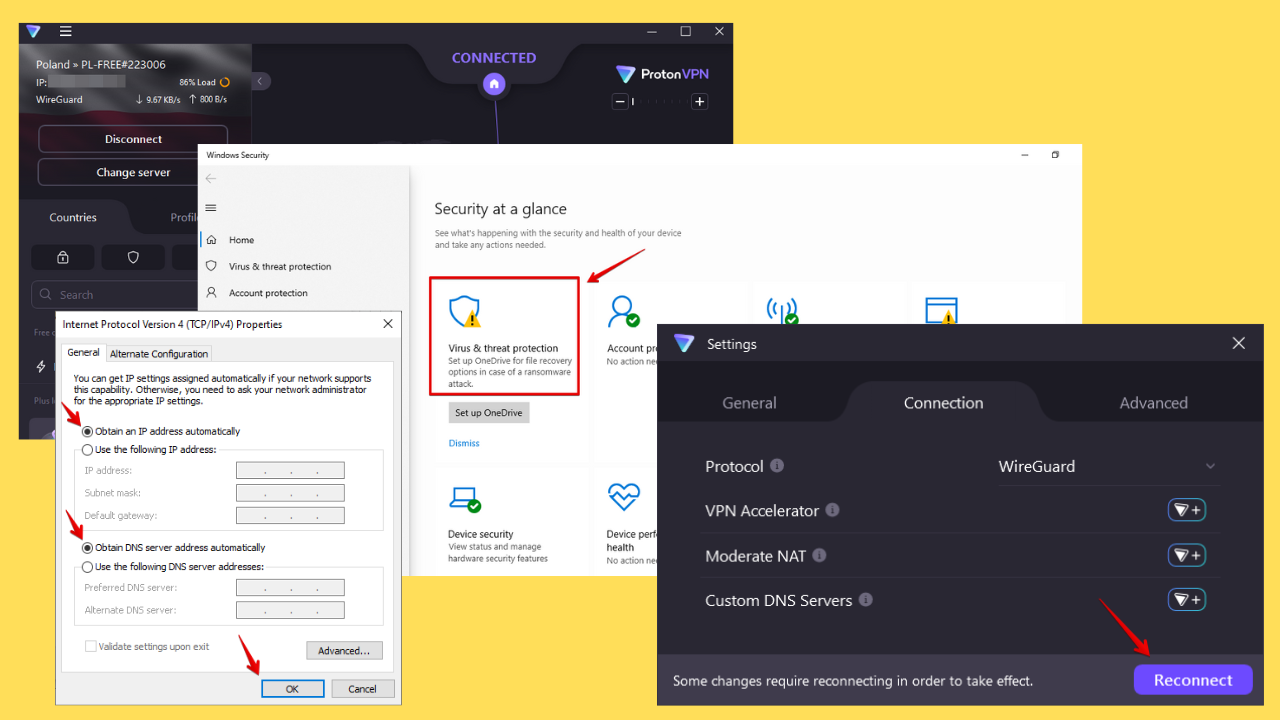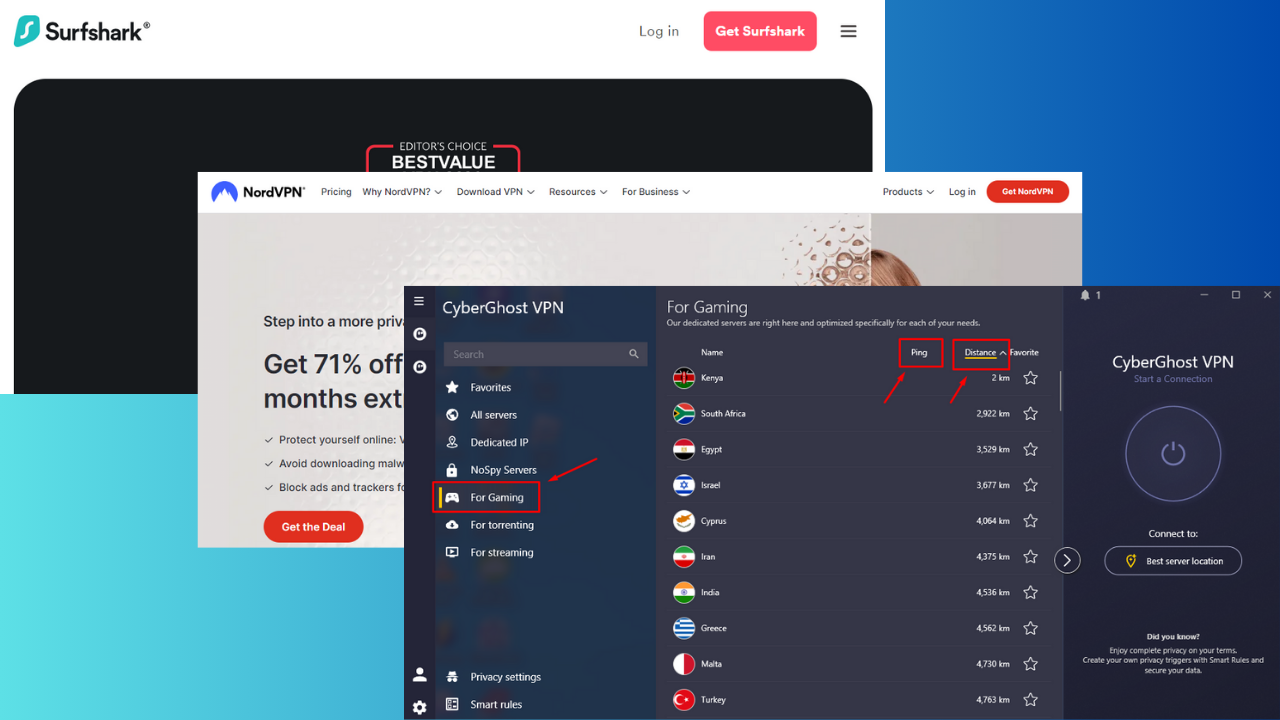10 Ways to Stay Safe Online During Black Friday [VPNs and More]
5 min. read
Published on

Black Friday is upon us and that means some great online savings. But with an increase in online shopping comes an increase in phishing attempts and other threats. If you want to stay protected, here are some top tips and tools to ensure everything goes off without a hitch.
1. Use a VPN and Save on VPN Subscriptions
If you’ve heard about how VPNs can protect you online, Black Friday is the perfect time to sign up for one. Not only will you have an extra layer of security when making your purchases, but you can snap up a Black Friday VPN deal at the same time.
A VPN encrypts your internet connection, ensuring Wi-Fi snoopers and intrusive trackers cannot monitor your browsing activity.
The best VPN apps include tons of extras. For example, ExpressVPN has a password manager, ad blocker, and threat detection for phishing sites and malicious cookies.
2. Check the Online Store is Secure
Ensure that the websites you’re shopping on are secure by checking for the padlock symbol in your browser’s address bar. This demonstrates the site is using encryption and your payment details cannot be intercepted.
You should also verify that the URL starts with https:// rather than the old http:// protocol.
Using a secure browser is even better…
3. Secure Browsers
Many of us rely on popular web browsers like Chrome or Edge and site’s own encryption. However, this isn’t as secure as it could be, especially when it comes to online shopping.
If only for Black Friday, consider using an alternative like Avast Secure Browser. The makers of the popular antivirus software have taken all the usability of Chromium and boosted it with a special feature called Bank Mode.
This provides an encrypted and isolated session for banking and online shopping transactions. It prevents third-party tracking, malware, keystroke logging, and screenshot attempts.
4. Use Strong Passwords
Create strong, unique passwords for each shopping website you use, and avoid reusing passwords across multiple accounts. Consider using a password manager to help generate and store secure passwords.
Even better, if you’re visiting a site you already have an account with, consider resetting the password on the day, so you know it’s unique.
5. Enable Two-Factor Authentication
If they don’t enforce it already, reputable online stores will have a two-factor authentication option on your profile or settings page. This forces you to enter a code after signing in with your password, that’s either sent to your smartphone or email address.
This means even if a cybercriminal knows your password, they still won’t be able to login because they don’t have access to your device or email account.
6. Beware of Unknown Sites or Social Media Offers
You will usually find the best Black Friday and Cyber Monday deals from well-known online retailers that can afford to slash prices due to the volume of customers.
If you come across a website you’ve never heard of, make sure to Google its reviews and reputation before making a purchase. It could be a scam or phishing site, or at best, a site selling illegitimate or low-quality products to cash in on the hype.
Likewise, if a deal is too good to be true, it probably is. You won’t get 70% of a PlayStation 5.
Social media posts and ads will be rife with fake offers and phishing attempts. Always go directly to the genuine website, like Amazon.com rather than clicking a link claiming to be Amazon on Facebook or X.
7. Pay with a Credit Card
Unlike regular bank cards and obscure payment apps, credit cards offer fraud protection and will reverse any suspicious transactions. Avoid making any payments via wire transfer, cryptocurrency, or unknown apps.
Legitimate online stores will always accept credit cards during Black Friday and other sales.
8. Identity Theft and Breach Monitors
There are several identity theft protection tools that can help monitor for password breaches and other security issues. These scan the regular and dark web to see if your accounts and other personal info have been compromised and dumped in databases and alert you.
Popular tools include Surfshark VPN Alert, Have I Been Pwned (free), and IdentityForce.
Using one of these will give you time to secure your identity before a Black Friday shopping spree.
9. Opt Out of Marketing Emails
While more of an annoyance than a threat, Black Friday is also a time when shopping sites push hard for you to pledge your email and phone number for future discounts. Unfortunately, while you might get a heads-up on coupon codes and offers, you’re also likely to be bombarded with all types of irrelevant marketing. Or worse, this data can be sold to other parties.
Either check the box to opt out or create a new email address when making any one-off purchases.
10. Combine Everything
If you combine all of the above tips and tools, you are sure to have a secure and smooth Black Friday experience.
Got any other good security tips for shopping online this Black Friday or Cyber Monday? Let me know in the comments below!









User forum
0 messages